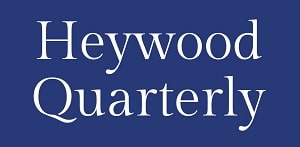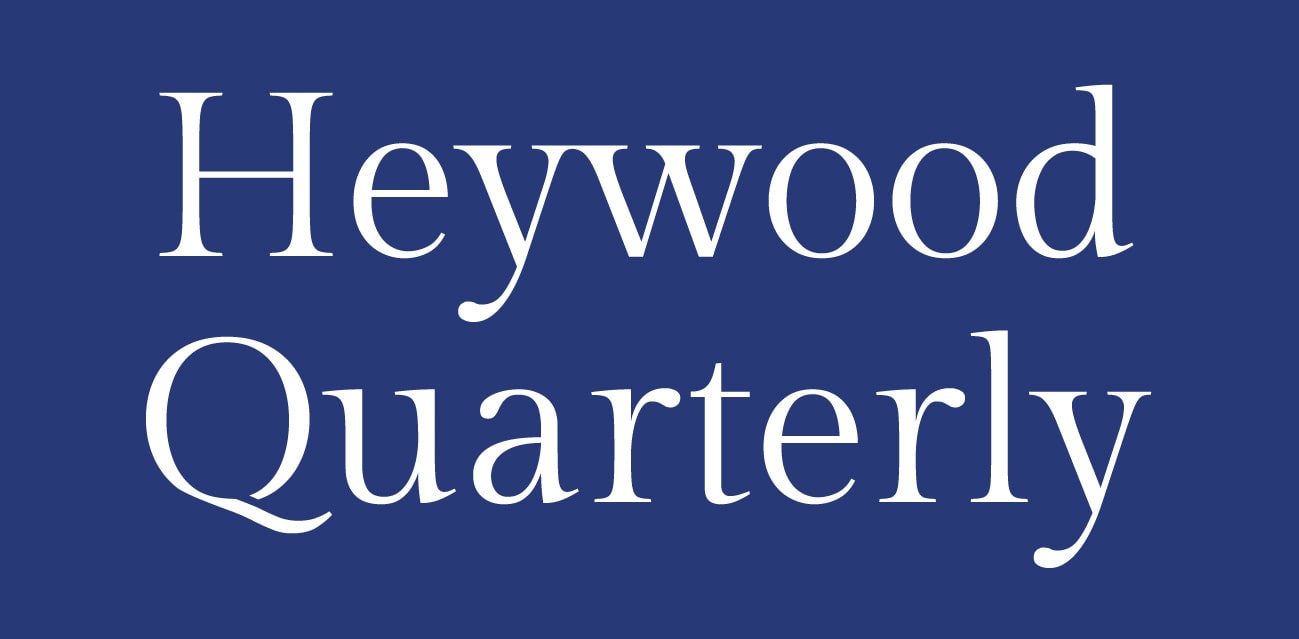Simon Case, Cabinet Secretary and Head of the Civil Service, on what it means to serve
I am sure the idea of service, and what it means to serve, resonates with many of my colleagues in the Civil Service. I can think of two instances where this was recently brought into the public consciousness.
Last year at the Coronation of King Charles III, the first words His Majesty said in Westminster Abbey – not to a grandee but a young chorister – summed up his new life as sovereign:
‘I come not to be served,
but to serve.’
While this is based on ancient texts and centuries of tradition, the message is simple and enduring. The second, more recently on the steps of Downing Street, was when the Prime Minister spoke of public service as a privilege and invited us all, in the Civil Service and across the country, to join this government of service.
That is the driving force behind our modern organisation: selfless service. The Civil Service is a constant at the heart of our nations, diligently serving the government of the day with pride and professionalism. Since the modern Civil Service was established, through national triumphs and crises, there have been no areas of public life where we have not been asked to serve.
And though we are constant, we are also constantly changing. The ever-shifting geopolitical environment, the expectations of the public, developments in technology – and, now, a change in political direction – are some of the reasons why the Civil Service can never stand still. I am proud to be part of, and honoured to lead, a Service which has the ability to find solutions, innovate and make a difference to people’s daily lives.
I believe that sharing our successes and failures, collaborating beyond our boundaries, while listening and learning from each other, will only help us be better. It is one of the reasons I champion the weekly newsletter, which is sent to all civil servants. It is also one of the reasons the revival of the Civil Service Quarterly, through the newly published Heywood Quarterly, is so important. We must keep telling our stories of public service. I encourage you all to do this by contributing to a future issue of the Heywood Quarterly. A publication which drives that discussion is extremely valuable in building our knowledge of best practice in policy and delivery as we face the challenges ahead.
A word about some of the teams and people who have already been the catalysts of change and innovation:
Civil servants in the Department for Digital, Culture, Media and Sport who built the world-famous online queue tracker for Her Late Majesty Queen Elizabeth’s Lying-in-State – QueueTube as it became known. They persisted in their mission, even when numerous global tech giants told them it couldn’t be done. Nothing like this existed before. They tested live maps using geo-locations on a range of devices and ended up combining three tools into one: a bespoke map with updated end point when a user entered a location. The queue tracker led the national news agenda for five days, with the BBC and Sky taking the feed directly from YouTube.
The Department for Education, which built a system that now allows 90 percent of schools voluntarily to share daily attendance data. Thanks to an automated feed to the ‘Monitor your School Attendance Data Service’ for schools, trusts and local authorities, the lag time on providing school attendance data has fallen from eight months to less than 24 hours.
HM Revenue and Customs, which introduced fully digital claims for Child Benefit so that, for the first time in almost five decades, parents can now claim their Child Benefit online.
The Department for Work and Pensions, which is using AI to understand and summarise the high volumes of correspondence received every day. What used to take weeks is now being done in real time, enabling potentially vulnerable customers who may need more urgent support to be identified quickly.
The Ministry of Defence and our Armed Forces, which have worked night and day to provide vital equipment, train thousands of Ukrainian recruits and reinforce our commitment to NATO leadership following Russia’s illegal and unprovoked invasion of Ukraine. The UK’s support to Ukraine has not just been military. Our ability to draw upon skills and expertise from across government has been our greatest strength – from teams in the Foreign, Commonwealth and Development Office delivering co-ordinated sanctions, and the National Security Communications Team countering disinformation, to the Department of Environment, Food and Rural Affairs leading an international initiative to identify stolen grain from Ukraine and working to prevent it from reaching the global market, and the Department for Transport linking Ukraine with UK organisations specialising in rebuilding critical transport infrastructure.
Each of these examples – and there are so many more – demonstrate the way we all step up to serve, as part of our local community and all around the UK, providing essential services that help, improve and save lives. Selflessly serving others and making a difference – that’s what we in the Civil Service have always stood for and what must remain at the core of what we do and how we do it.
It is one of the great privileges of my job to meet colleagues as I travel around the country. And when I ask them why they joined the Civil Service – whether they’re a recent recruit or about to retire – the answer is inevitably: to make a difference to my country, to my community.
As I reflect on what it means to serve, I think of those like my predecessor Jeremy Heywood who gave his life to service, and the legacy that we will all leave. We can be proud that we have made a difference and our country is better because of what we did.
Simon Case, Cabinet Secretary and Head of the Civil Service





